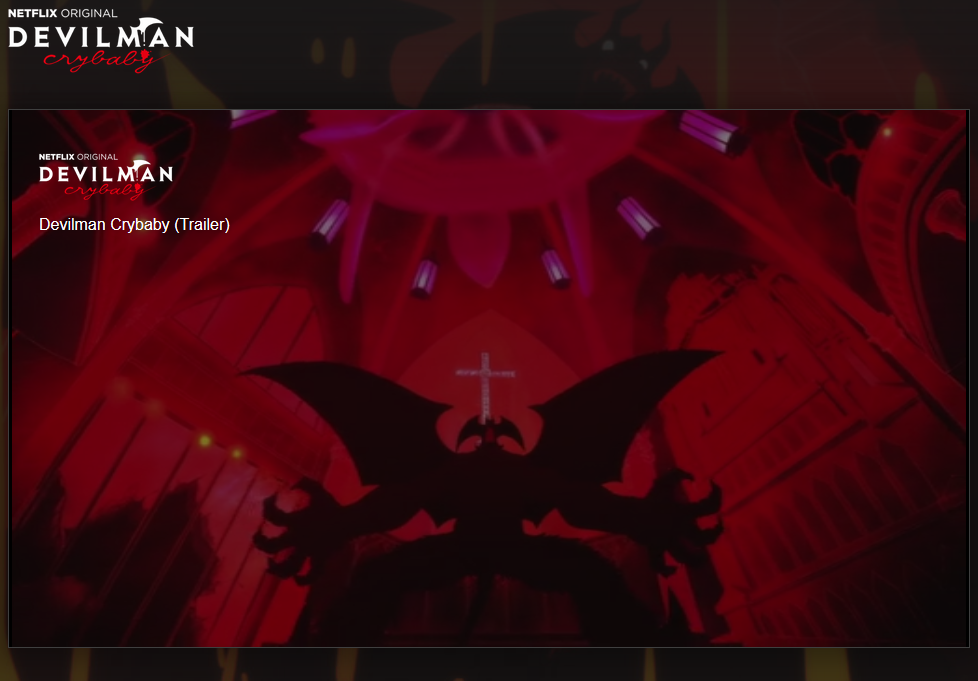Author: Gabriel Persechino-Forest Published: January 17th, 2018
Critic Yohei Kurose decided to do the unthinkable, he criticized’s Netflix’s Devilman Crybaby and since then he has found himself under attack. With Western reviewers having gone out of their way to praise the series, the hit-status it achieved upon release and how much Netflix has riding on it, it isn’t surprising that there is such a push back against an unconventional opinion.
His tweets on the matter can be roughly translated as follow:
1. “I already talked about Devilman crybaby on the radio and how I personally think it’s a bigger problem than Pop Team Epic. In short, people are evaluating this Devilman on the basis of it being an ‘anime with international standards’ or an ‘anime that can compete on the global market’.”
2. “However, this basis is extremely misguided. What these people are trying to say with Devilman having ‘international standards’ is that ‘it is not for otaku’. It’s no more than a declaration that ‘otaku anime is domestic’ and ‘trendy sub-culture anime is international’.”3. “Needless to say, this opposition of otaku vs subculture is a merely domestic problem. It’s just a baseless assumption that subculture anime will do better than otaku anime on a global stage like Netflix.”
4. “I imagine that a big part of Yuasa’s appointment on this project was that unfounded belief that ‘subculture anime will do better than otaku anime on an international level’. As a result, they ended up making nothing more than a trendy subculture anime.”
5. “Summarizing what I talked about on the radio: 1) Taking Devilman crybaby as the standard for anime that works on an international level is a domestic disease. 2) Devilman doesn’t make full use of the achievements of Japanese anime culture (the story, script, and direction are pretty bad. late-night anime are of much better quality in those respects)”
In retrospect, it seems clear that Yohei is one of the few actually taking a stand against what is increasingly being pushed as a “standard” by the West of what should be considered “Good anime”. Without making a comment on the quality of Devilman Crybaby, it is obvious that although based on a manga of historical importance in Japan, this incarnation was made with a specifically “International” (i.e. American) audience in mind and its instant-hit success and the dedication with which critics and fans overseas have loved and defended it attest to that. There is, of course, nothing wrong with “international” appeal but it does bear prudence as we’ve seen through video games and comics what happens when something becomes “mainstream”; I even talked about this very topic not long ago.
Source: User Selipse from Anime News Network for translation and Article Image: Taken from Netflix’s page for the series
